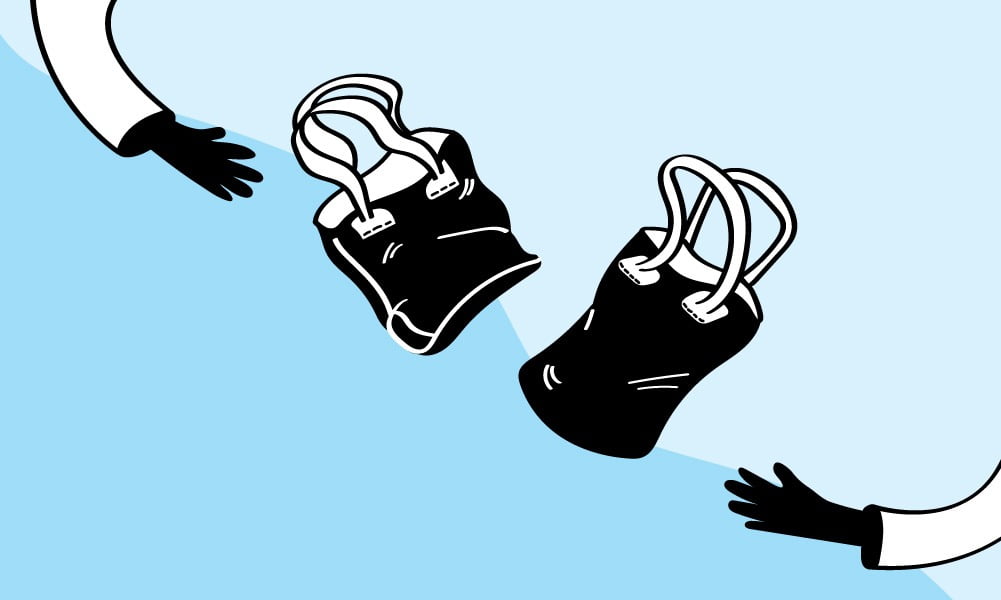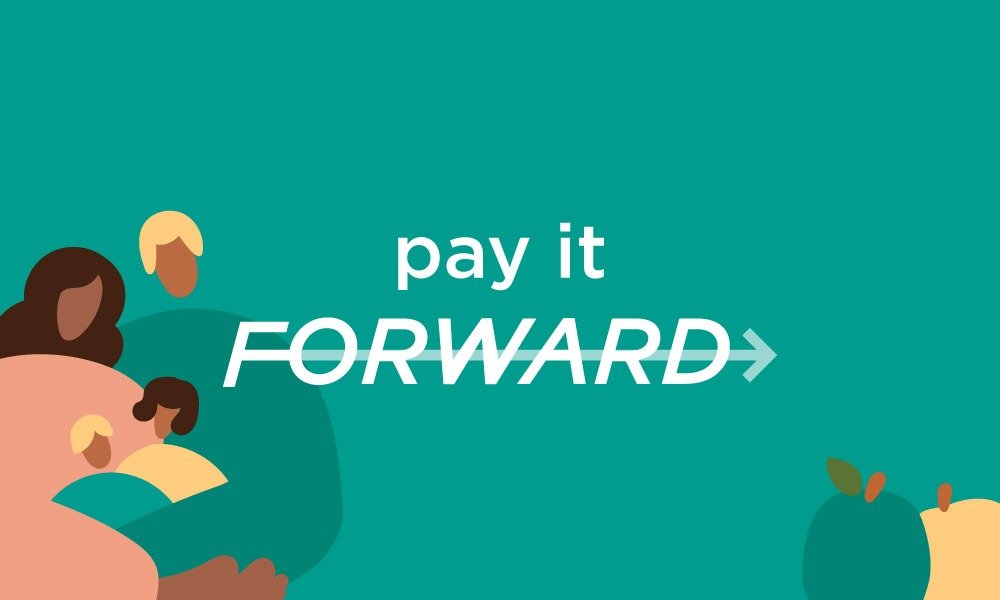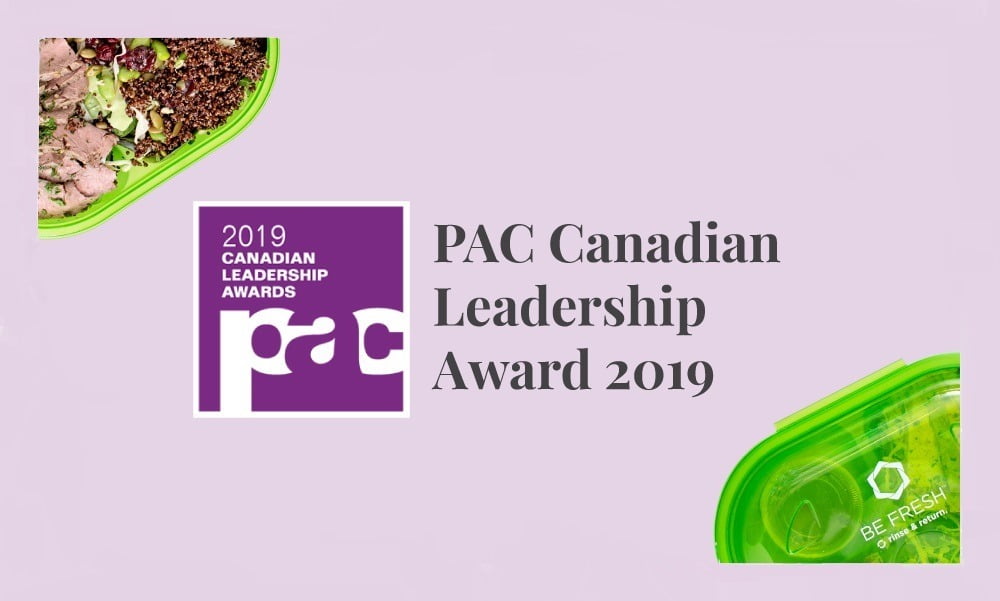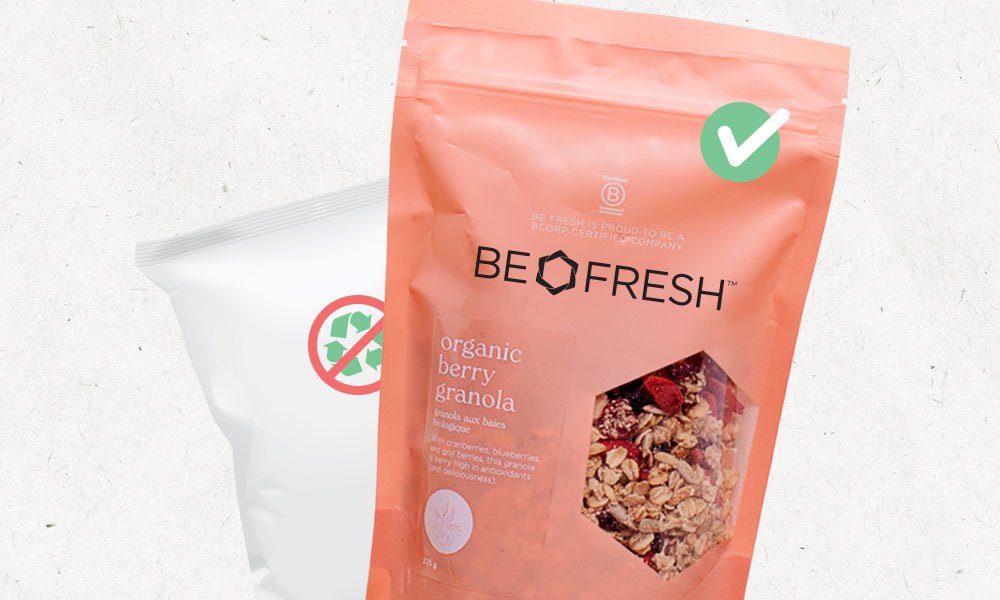Be Fresh Local Market, a sustainability-focused market and café, is addressing food insecurity in Vancouver neighborhoods head on by launching their Pay-It…

Help Your Community Reduce Waste By Supporting Our Reusable Bag Library
As our community collectively works towards reducing waste, many Vancouverites are experiencing a rise in the distribution of reusable bags over single-use ones by the stores they shop with. While we at Be Fresh love this movement away from single-use plastic, we are also finding that our personal stashes of reusable bags at home are really piling up!
What are the odds that you have a full stack of reusable bags somewhere in your house? And from this pile, how often do you remember to bring a bag or two with you when you run errands? With these questions in mind, the Be Fresh team came up with the Reusable Bag Library.
What is a Reusable Bag Library?
Instead of contributing more unneeded reusable bags into our community, we wanted to find a way that Be Fresh could help our customers share what they already have. The Reusable Bag Library allows customers to donate their unused or unwanted reusable bags to our Be Fresh Cypress location. These donations will then be washed and ready for reuse for customers who forget to bring their own bags!
How does it work?
To donate, please gather any unused or unwanted reusable bags and bring them into Be Fresh Cypress. Any of our Be Fresh staff will gratefully accept them!
To borrow, bring your groceries up to the checkout counter and ask if you can borrow a bag from our library. Borrowing a bag is free of charge, so please don’t hesitate to ask for one if we forget to offer one to you!
Most importantly, if you borrow a bag from us, please return it to us at your earliest convenience. This program relies on customers bringing bags back so that we can clean them and have them ready to be given out again.
Why are we doing this?
Be Fresh has always been about building community and cultivating sustainability. We believe this reusable bag library is a simple but effective way to bring these two values together! Together, we can participate in meeting the City of Vancouver’s goal of being zero waste by 2040.




